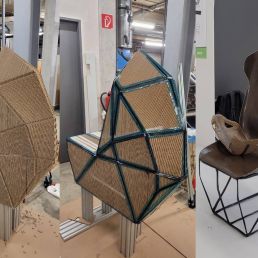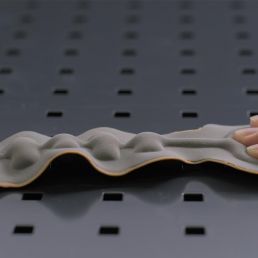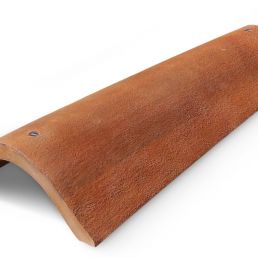
Meat industry in transition
Cell-cultured meat is the focus of investors
24 September 2021
In view of the increasing world population and the social development of populous nations, our diet will have to change significantly in order to cope with the climate crisis. The environmental activist and Oscar winner Leonardo DiCaprio is now investing in Mosa Meat and Aleph Farms. The two companies have developed advanced technologies for obtaining meat from animal cells in recent years. Mosa Meat presented the first cell-cultured hamburger in 2013; Aleph Farms celebrated successes with cell-cultured steaks in 2018 and 2021.
The world population consumes 130,000 animals per minute
The global meat industry has a huge negative impact on the environment. Global meat consumption is expected to increase by 40-70% by 2050. By cultivating meat, the environment can be protected without the consumer having to do without it. Experts predict that the cell-cultured meat market will be worth $ 25 billion by 2030, as part of a larger protein transition.
“One of the most impactful ways to combat the climate crisis is to transform our food system. Mosa Meat and Aleph Farms offer new ways to satisfy the world’s demand for beef, while solving some of the most pressing issues of current industrial beef production. As an investor and consultant, I am therefore delighted to be part of these two success stories that will make cell-cultured meat accessible to the end consumer, “says Leonardo DiCaprio, explaining his investment.
The positive influence that cell-cultured meat has on the environment is considerable: According to an independent Life Cycle Analysis study, this production method has 92 percent less influence on the climate than industrial meat production. Air pollution is reduced by 92 percent, 95 percent less space is used and 78 percent less water is used. Freed areas that are no longer used for industrial meat production could then, for example, be re-greened or used for the cultivation of grain or other foodstuffs. In addition, the automated and sterile processes involved in cultivating meat reduce the risk of contamination. Conversely, this also means that additional feeding of antibiotics, which is still a major problem nowadays, for example due to factory farming, is no longer necessary.
Mosa Meat is an international technology company that specializes in sustainably producing real meat. In 2013, the Mosa Meat founders presented the world’s first cell-cultured hamburger. The meat was obtained from cow cells. Since it was founded in 2016, Mosa Meat has been working on producing meat that wins over consumers and at the same time does not harm animals or the environment.
In December 2018, Aleph Farms developed the first cell-cultured beef steak from non-genetically modified cells from a live cow. No animal is harmed and the negative impact on the environment is significantly reduced. The company was founded in 2017 by Didier Toubia, The Kitchen Hub of the Strauss Group, and Professor Shulamit Levenberg from the Faculty of Biomedical Engineering at Technion – the Israeli Institute of Technology. In 2021, the company introduced the first cell-cultured ribeye steak.
image source: Mosa Meat
Ecoblaq molecular wood colours
23 March 2024
Ecoblaq is a molecule manipulation method, a natural chemical reaction, making…
Natural fiber reinforced car seat
22 October 2023
The focus of the project "Design for Recycling" is a seat shell that is made…
MotorSkins morphing textiles
19 April 2022
Berlin based start-up MotorSkins designs and produces textiles with embedded…
3D Pioneers Challenge 2022
15 December 2021
The 3D Pioneers Challenge 2022 adresses tech pioneers who pave the way for…
IGNIS – Light from waste heat energy
12 August 2020
The availability of affordable, independent and, above all, clean electrical…
Brake disc with reduced fine dust
21 April 2021
Fine dust endangers our health. One of the main sources is traffic, especially…
Texoversum
15 July 2023
With the "Texoversum", Reutlingen University has put into operation a training…
Invisible Terracotta Solar Rooftile
10 May 2023
The family-run business Dyaqua has developed a technology to integrate a…
Xarvio – Digital Farming
8 January 2021
BASF Digital Farming GmbH has received the renowned Crop Science Award for the…








